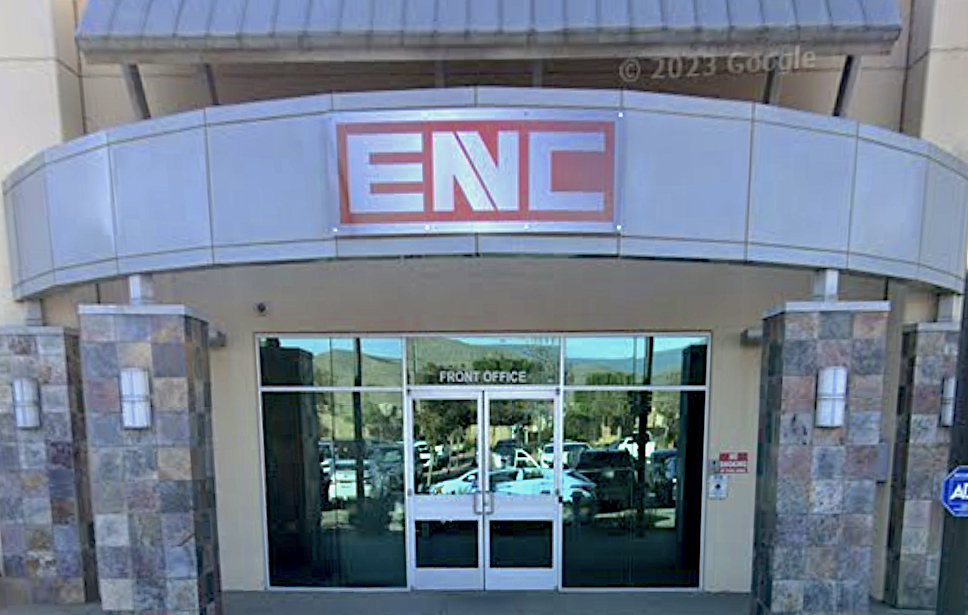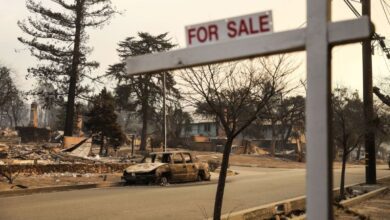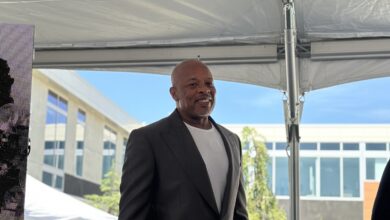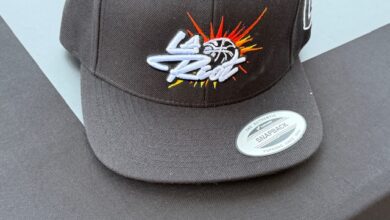Jurupa Valley bus factory shuts, 425 jobs lost, latest victim of green-vehicle slump – Press Enterprise

In an era when clean public transportation has seemingly huge support, how can the makers of low-emission buses fail?
The latest casualty is a Southern California factory where environmentally friendly buses were made. It’s being shut down by its Wisconsin-based owners.
REV Group – which makes everything from RVs to fire trucks – decided in January to exit the mass transit business, announcing the closure of its ENC bus business and its plant in Jurupa Valley. State documents show 425 jobs will be lost after the business winds down after completing outstanding orders.
Now, you probably don’t know ENC, but you’ve likely ridden in one of their products. Their legacy product was the ubiquitous airport shuttle. The manufacturer then evolved into manufacturing mass-transit buses.
LA Metro runs 295 of ENC’s natural gas-fueled vehicles. San Francisco Municipal Transportation Agency has 30 electric-hybrid mini-buses. And just last year, Foothill Transit – serving riders around Pomona – ordered 19 electric ENC buses.
The company blames a slew of challenges for the factory shuttering.
“Delays in the supply of critical components and the build out of infrastructure to support EV adoption, as well as the financial health of key suppliers, has created a competitive bidding environment for diesel and CNG buses that has made it difficult for ENC to compete profitably versus peers of greater scale,” REV CEO Mark Skonieczny said in a statement. “The decision to wind down operations was not made lightly; however, based on the options available to us, we believe this is the best path forward for our business.”
Rough road
Clean-running buses ride along with plenty of government cash.
There were 6,147 electric buses in use nationwide in September 2023, up 85% in two years, according to CalStart. And California has 1,946 – nearly one-third of the national fleet.
Yet the road to business success seems rough.
Each transit district requires distinct specifications for what they buy, and that is no easy chore.
Like all vehicle makers, supply chain disruptions have become routine. And for green-vehicle makers, the parts shortage is especially problematic.
Also, like most businesses, the costs of doing business has soared – a big problem in an industry where companies bid for contracts that take years to execute.
Plus, mass transit in the post-pandemic world is by no means a growth business, as more workers do their jobs at home to avoid commutes.
The electric-bus industry heavyweight – Proterra, based in Burlingame – went bankrupt last year. Apparently, the logistics and costs of making small orders for numerous transit districts proved too daunting.
Now, the green bus niche could find comfort in the swift resolution to Proterra’s bankruptcy. The sale of its assets was so quick, there’s clearly value left, even in pieces.
Bus maker Phoenix Motor picked up the remains of Proterra’s manufacturing. Its battery business – a supplier to ENC — was bought by Volvo Group, the giant Swedish vehicle maker. And the electric chargers went to Cowen, a sustainable technology investor.
Long path to closure
ENC’s roots date to National Coach, a classic California entrepreneurial tale.
The founders in 1975 saw a need for what’s become a common item – airport shuttles that run travelers to rental car parking lots. Many of those vehicles were built at a new factory in Chino, which opened in 1984.
Of course, like many Golden State business tales, it also had an exit strategy: The company was sold to RV maker Thor Industries in 1991.
This is where the ENC lineage gets a tad complicated.
Thor combined National Coach with its other bus business, ElDorado Motor in Kansas. National Coach was rebranded ElDorado National-California – eventually “ENC” – and would focus on bigger shuttle buses.
A decade later, ENC expanded into heavy-duty buses for public transit systems. It opened a 200,000-square-foot factory in Jurupa Valley in 2003. The facility even had a test track on its 17-acre campus.
But in 2013, Thor sold its bus business, including ENC, to what’s known today as REV Group. Clearly, that didn’t work out.
Seven years later, REV Group sold off the Kansas operations – makers of those shuttles.
And now the California slice is being wound down.
Little green in green
Green transportation has its own green problem – profitability.
It’s not just the bus world. Makers of both consumer cars and commercial trucks are finding the niche challenging. That’s true of the industry’s startups as well as established fossil-fuel automakers, who are paying catch-up.
Look, Americans bought a record 1.5 million electric-powered vehicles last year. But the rush to enter this niche has created intense competition. And now you’re seeing fallout, with manufacturers trimming or retooling plans – or simply quitting.
GM, Ford and Mercedes has downgraded electric car aspirations. Industry giant Tesla has aggressively cut its prices. And newbie Lucid has disappointing sales.
E-truck maker Lordstown is just emerging from a bankruptcy. Another new truck manufacturer, Irvine-based Rivian, just had another round of layoffs.
So, clearly, the early euphoria of various vehicles powered by alternative fuels is over.
Yes, the novel thinking has gained mainstream acceptance. And new ideas still pop up. For example, a New Zealand maker of autonomous electric shuttles, Ohmio, is creating a US headquarters in Riverside.
But now comes the heavy lifting of making green transportation more broadly economically sustainable.
Jonathan Lansner is the business columnist for the Southern California News Group. He can be reached at jlansner@scng.com




